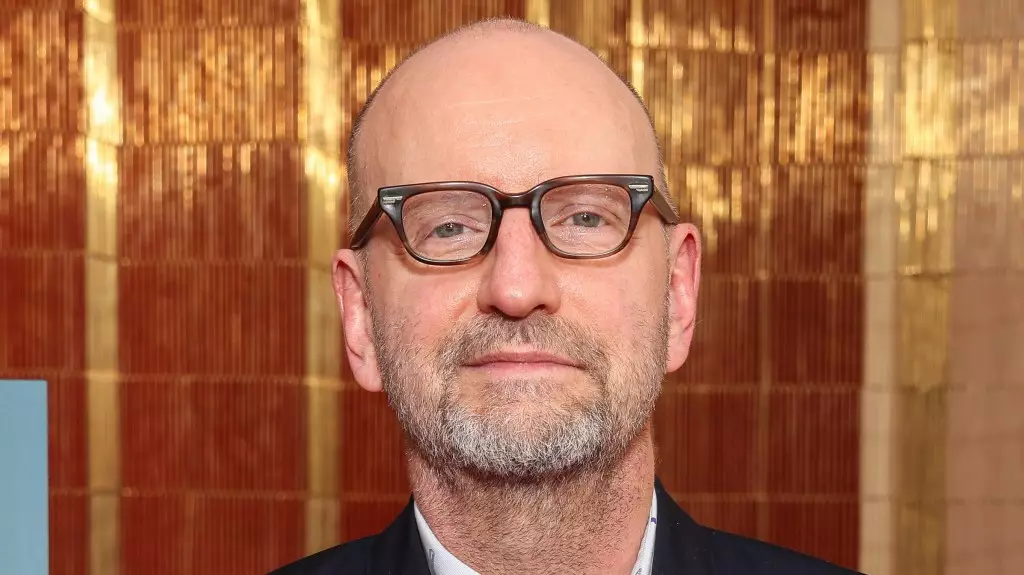Acclaimed filmmaker Steven Soderbergh has publicly expressed his frustration regarding the current state of the film industry, particularly in the wake of his latest project, the critically acclaimed espionage thriller *Black Bag*. In a candid discussion with *The Independent*, he highlighted a growing concern: despite strong reviews, the film struggled to capture audience attention at the box office. This dichotomy of critical success versus commercial failure raises alarms about the future of cinema, particularly the types of films that are typically deemed “grown-up” fare.
Soderbergh’s lament stems from a broader concern regarding attendance rates, especially for mid-tier projects starring established actors such as Cate Blanchett and Michael Fassbender. He argues that if engaging narratives cannot entice audiences aged 25 and older, the implications for the industry are dire. “It’s concerning,” he said, “if this is a trend that suggests a significant number of viewers are opting out of theaters.” This predicament underscores not only a shift in viewing habits but signals a potential crisis in the variety of films that can be produced going forward.
Examining Audience Engagement
What stands out in Soderbergh’s comments is his realization that the cinematic landscape is evolving—or, perhaps, regressing. He emphasizes the importance of cultivating a demographic that appreciates films that transcend the conventional genres of superheroes or horror. His frustration is palpable when discussing the boardrooms of studios, where the conversation has turned to the implications of *Black Bag*’s box office performance. After all, how can the industry foster films that lean toward intellectual depth when their viability is increasingly questionable?
The sobering reality is that if established filmmaking legends, whose careers are built on such films, find their projects receiving lukewarm receptions, future creators may shy away from engaging storytelling. “We need to find ways to bring audiences back to theaters,” he insists, pointing out that audiences crave substantive narratives. The success of his previous works, films like *Erin Brockovich* and *Traffic*, would likely be unattainable today due to the prevailing inclination toward more commercially viable ventures, leaving a void for storytelling that appeals to adult viewers.
Is the Traditional Theater Experience on Life Support?
The struggle to fill seats in theaters for films like *Black Bag* casts a shadow on the traditional movie-going experience. Movie theaters are grappling with evolving consumer preferences for home streaming services, where viewers can enjoy a plethora of content with the comfort of their own environment. This shift undermines Soderbergh’s argument for promoting mature, adult-centered narratives geared toward older audiences. The challenge lies in enticing viewers away from their couches and back into the communal experience of the cinema—a vital aspect of film appreciation that has been eroded in recent years.
Soderbergh’s final assertion, regarding the need for stars like Timothée Chalamet who are willing to take risks on varied narratives, might be a beacon of hope or merely a wistful desire for more eclectic storytelling in Hollywood. Nevertheless, unless industry leaders and studios take note of these cautionary sentiments, the future of thoughtful, adult-oriented cinema hangs precariously in balance, leaving many to ponder what stories will go untold and what voices silenced in the evolving landscape of film.
